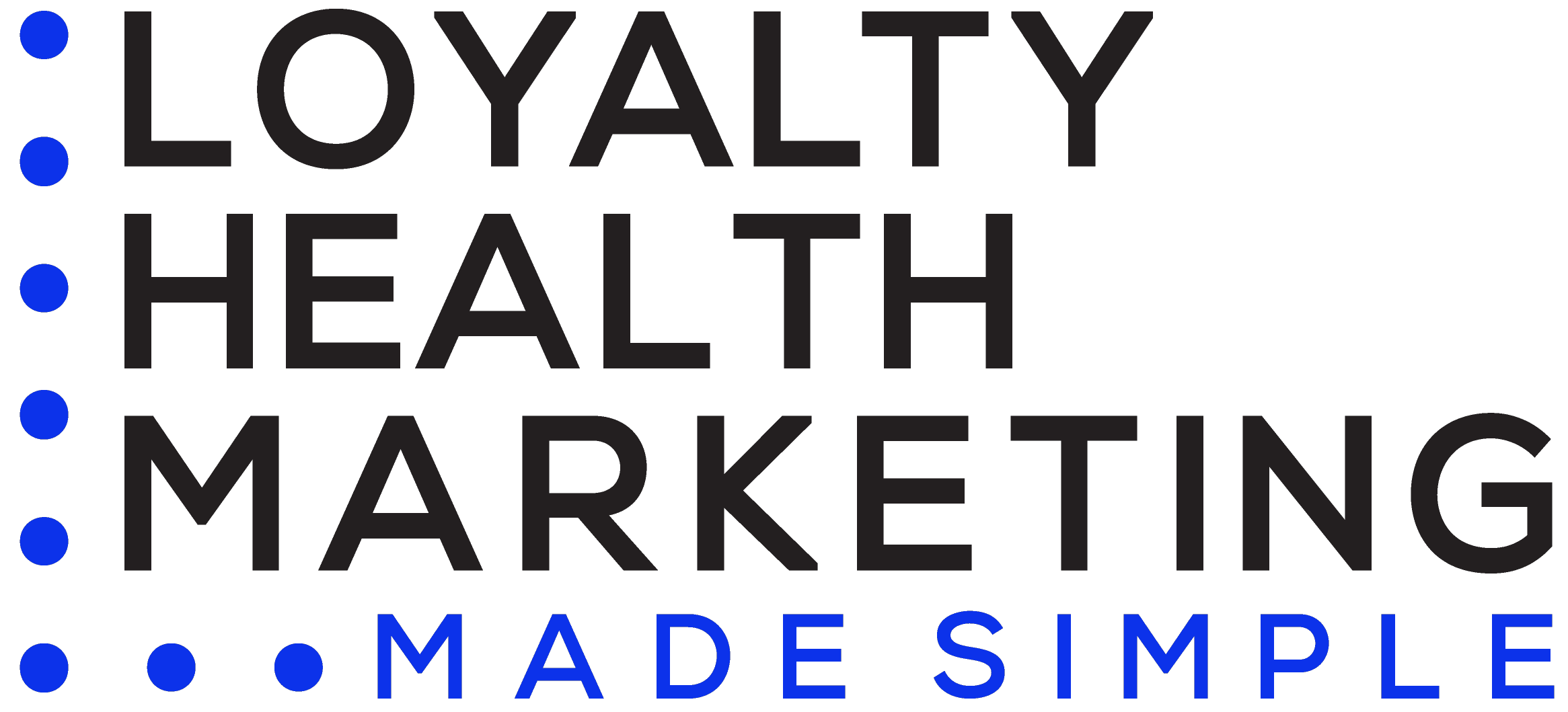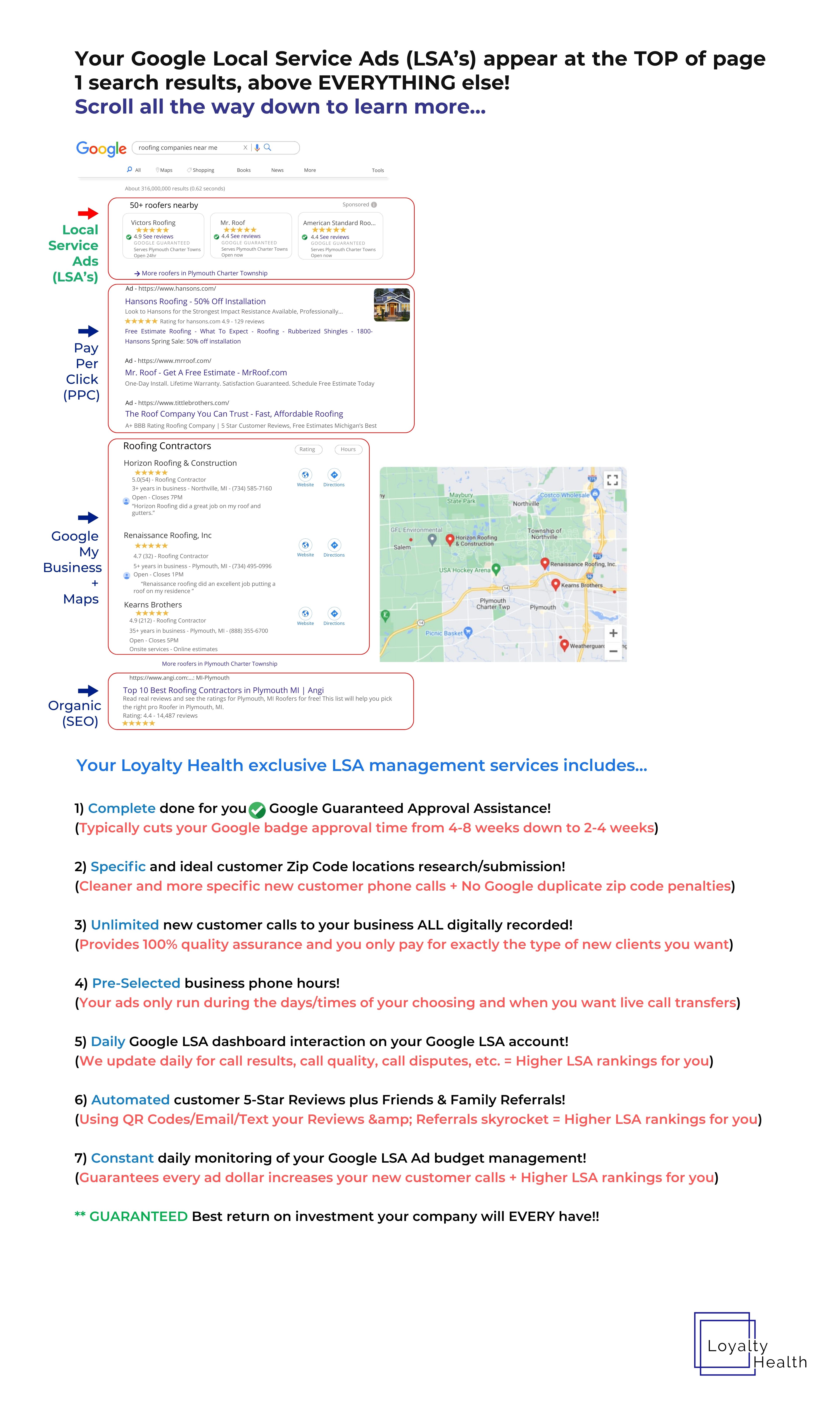Content Delivery Networks and Optimizing Website Speed
Within the ecosystem of the internet, Content Delivery Networks (CDN) play a vital role in delivering web content. They are strategically located in geographical locations worldwide, and they serve as a link between the point of origin and the destination.
A merchant in the U.S. selling locally may have good page load time with a local CDN. However, page load time might be slower when selling to Australia or the United Kingdom unless a closer CDN transfers the information.
Choosing the most effective CDN based on client needs will speed up load time and help you keep website visitors from becoming frustrated due to a bad user experience. In addition to carefully choosing public CDNs, designing a unique private network may achieve better results.
Choose an Effective Content Management System
A dependable CMS (contact management system) is also vital to the optimization of your website. The commonly accepted leader in CMS is WordPress. It can enhance your website's functionality and speed.
Ways to Increase Website Speed
To maximize your computer's speed, eliminate unneeded plugins. Resources needed to run plugins decrease website speed. One way to check which plugins are slowing down your computer is to disable them one by one. Check the server's speed after each is disabled. It’s important for you to be selective in determining which plugins are worth the slowdown they cause.
Maximize Speed by Controlling Images
Images can help make your message come alive, but they need to be optimized in order to prevent a slowdown. In addition to the size of images, it is important to choose the most effective format. Usually, it is wise to choose the JPEG format for images. PNG is good for protecting speed, but some older browsers may not work with it.
Increase Speed by Enabling Cache
Caching is a term that relates to saving static files for easy access, including HTML documents, images, JAVA script files, CSS, and media files. When a file is accessed by another computer, it is cached in that computer's memory. The next time a cached file is requested, access will be faster.
Devoting time and attention to preparing your computer for fast website access can pay off in terms of more customers and increased business.


